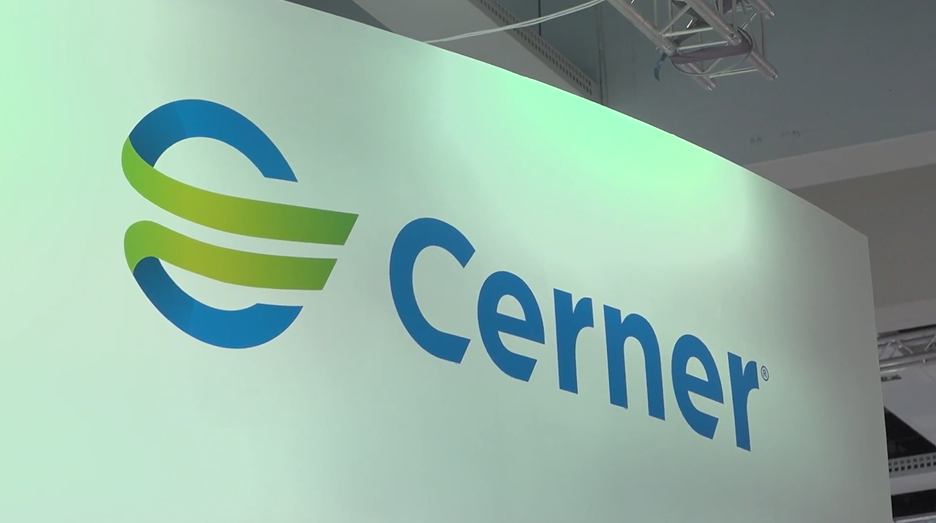 CLOUD
CLOUD
 CLOUD
CLOUD
 CLOUD
CLOUD
Amazon Web Services Inc. announced today that Cerner Corp., one of the world’s biggest providers of information technology for healthcare organizations, is standardizing machine learning workloads on its public cloud.
Missouri-based Cerner has about 24,000 employees and closed 2018 with $5.4 billion in sales. The company sells an electronic health record management system called Millennium, as well as numerous other software products spanning from analytics to billing automation.
Cerner named AWS as its preferred cloud provider in July. The company has now bumped up the Amazon.com Inc. subsidiary’s status to “preferred cloud, artificial intelligence and machine learning provider,” a move that will entail the company building several new AI projects on AWS.
One of those projects is the Cerner Machine Learning Ecosystem. It’s a SageMaker-powered cloud service that will enable data scientists to build and deploy machine learning models for healthcare applications. One use case Cerner targets is enabling the development of chatbots that can fetch information for patients from their health records and answer questions about their medical conditions.
Another initiative the company is pursuing focuses on automating clerical work for doctors. Cerner wants to use AWS machine learning services such as the newly introduced Amazon Transcribe Medical to free up physicians from tasks such as writing down notes. In the longer term, the company is looking to build even more applications on its AWS cloud deployment, including tools that can help hospitals identify patients with increased risk of readmission.
“Cerner will leverage our comprehensive machine learning and analytics services to gain new clinical and business insights that have the potential to significantly improve the delivery of patient care,” AWS Chief Executive Andy Jassy said in a statement.
Healthcare is emerging as a growing focus area for the cloud provider. AWS operates a dedicated healthcare business unit and has to date made more than 100 of its services HIPAA-eligible so they can be used to process patient data. Shez Partovi, AWS’ senior leader of global business development for healthcare, life sciences and genomics, drew particular attention to the provider’s AI services in a recent interview with SiliconANGLE.
“Using artificial intelligence and machine-learning services on top of data to predict and forecast events is a big part,” Partovi said. “You can predict congestive heart failure 15 months in advance of it actually occurring.”
Support our mission to keep content open and free by engaging with theCUBE community. Join theCUBE’s Alumni Trust Network, where technology leaders connect, share intelligence and create opportunities.
Founded by tech visionaries John Furrier and Dave Vellante, SiliconANGLE Media has built a dynamic ecosystem of industry-leading digital media brands that reach 15+ million elite tech professionals. Our new proprietary theCUBE AI Video Cloud is breaking ground in audience interaction, leveraging theCUBEai.com neural network to help technology companies make data-driven decisions and stay at the forefront of industry conversations.